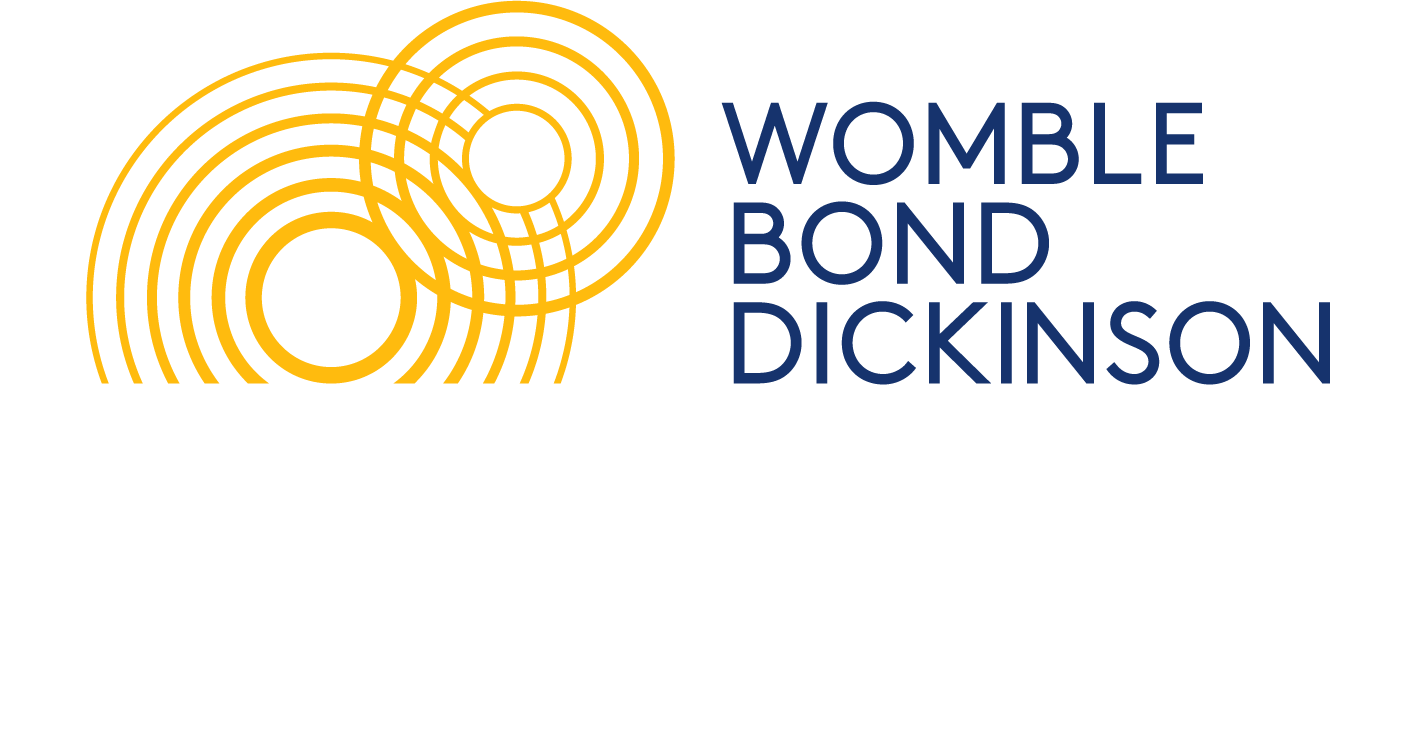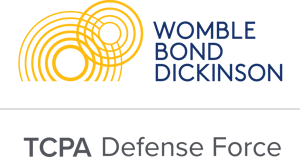The numerous changes broaden the applicability by generally prohibiting telemarketers from making a telephonic sales call to a consumer without the consumer’s prior express written consent. Previously, the law only prohibited making these calls if they were unsolicited, automatically dialed and recorded.
The update establishes a more expansive definition of telephonic sales call that also applies (1) to telephone calls made on behalf of a telemarketer and (2) regardless of whether the calls are made using a live voice, automated dialing system, recorded message device, soundboard technology, or over-the-top messaging or text or media messaging. The law applies to calls made to a Connecticut consumer or made to a telephone number with a Connecticut area code.
Other notable changes include updated definitions of the following:
- “Telemarketers” includes telemarketers’ affiliates or subsidiaries doing business in Connecticut (e.g., conducting telephonic sales calls from within Connecticut, to resident consumers), or to a Connecticut area code;
- A “voice communication” is a communication made by an individual or an artificial or prerecorded message, including a voice message transmitted directly to a recipient’s voicemail regardless of whether the recipient’s phone rings as part of the transmission and does not include an automated warning required by law;
- A “text or media message” includes a short message and multimedia message service that contains written, audio, video, or photographic contact sent electronically to a mobile telephone or mobile electric device telephone number;
The update extends the time by one hour; prohibiting unsolicited telephonic sales calls to Connecticut residents between the hours of 8:00 p.m. and 9:00 a.m.
The amendments establish a rebuttable presumption that a voice communication or telephonic sales call made, or attempted, to any telephone number with a Connecticut area code or to a Connecticut resident has taken place in the state.
Finally, the amendments make violations unfair trade practices under CUTPA and require violators to be fined up to $20,000 in addition to any CUTPA penalties.
The above is not an exhaustive list of updates but points to a few key takeaways. To see all changes, see S.B. 1058.





